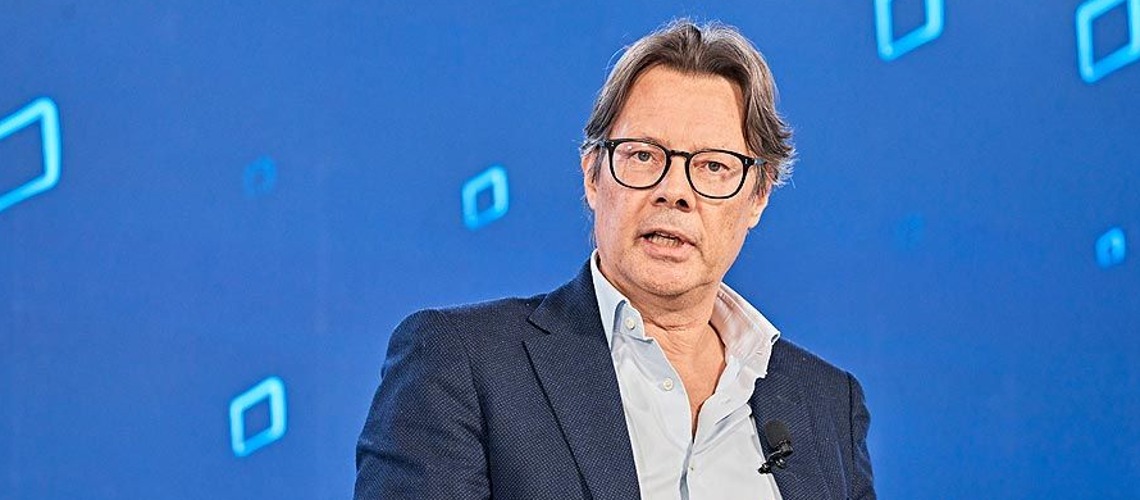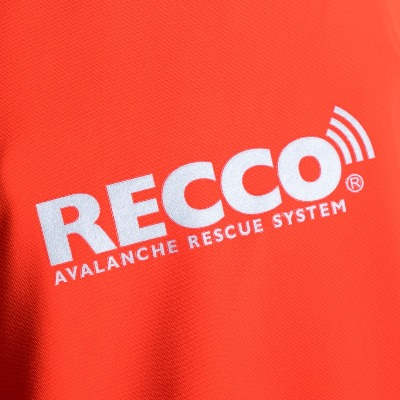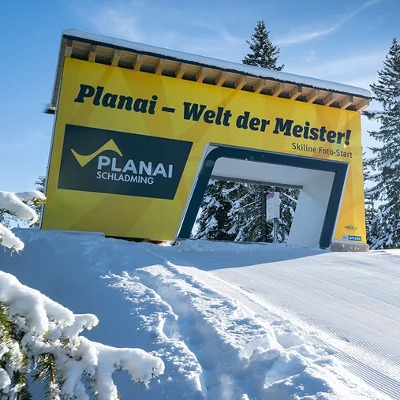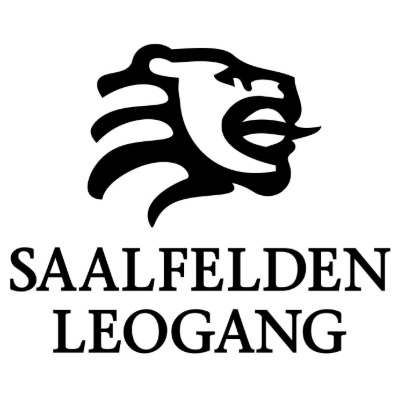New Brand Logic Survey: Tourism Of The Future Needs New Communication

The Institute of Brand Logic presents the results of a brand-new online survey of service providers and representatives of management networks from 25 regions in the German-speaking Alps, each with over one million overnight stays per year. The tourism experts were asked how they assess the future viability of their tourist destination. The bottom line: a new awareness of mutual dialogue instead of one-way communication is required.
More than 800 surveys show that destinations in which communication takes place and interest groups are involved in decision-making processes achieve optimized results in all areas of sustainability. Above all, this concerns the significantly better assessment of future value creation in the region, the degree of innovation of the range of services, the future recruitment of employees, the population's attitude towards tourism, environmental and climate protection and digitization.
A new culture of dialogue is needed
The quality of dialogue within a destination's governance network appears to be key to future destination success, as does the level of integration of tourism service providers, stakeholders and the population. Those destinations that did not perform well in this study communicate too little with one another and do not involve others. “Unfortunately, in many places communication is only in one direction, things are not done transparently in a quiet little room. Poor communication, conflicts and lectures from the 'pulpit' are counterproductive,” warns Markus Webhofer, founder and managing director of the INSITUTE OF BRAND LOGIC.
The leadership networks of the destinations, which include representatives of the tourism associations, the municipality and large service providers such as mountain railways, large hotels and leisure facilities, are responsible for establishing a good culture of dialogue. In concrete terms, this means: creating space to talk to each other, taking critics and their concerns seriously and including them. And for that you need suitable dialogue structures.
Appreciation minimizes resistance
“The most effective way to deal with the accumulation of crises and the great challenges of the future is in a joint dialogue. Only then can viable solutions be created,” stresses Webhofer. “Attentive listening, joint reflection and a lived, open approach to criticism and alternative opinions demonstrably generate far less resistance. It is becoming increasingly important that people feel that they are heard and valued. Only then can we succeed in getting as many people as possible to work on the future, sustainable design of their living space. The quality of the culture of dialogue primarily determines the quality of a region's tourism attitude. If this is right, the balance of interests in the region will also succeed.”














